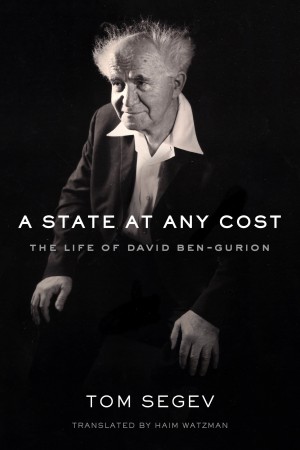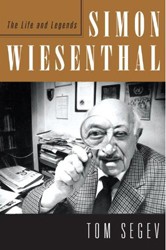The reverberation from Israel’s victory in the Six-Day War is such that forty years after the event, new books continue to be written about it. Tom Segev has written a book that focuses primarily on the events and decisions preceding the war as well as those that came shortly after the war. The book is told almost completely from the Israeli perspective and interweaves the experiences of everyday Israeli citizens all the way up to cabinet-level discussions.
1967 is on par with many recent revisionist views of the Six-Day War in claiming that Israel did not face an existential threat in June, 1967, and that Israeli politicians welcomed war as a means to redress unresolved border disputes with its neighbors. Although Segev does not stint on presenting the facts leading up to the war, the reader may find himself surprised at the author’s conclusions. For example, given the fact that in the three week period preceding the war Egypt blockaded the Straits of Tiran in violation of the accord ending the 1956 War, the United Nations withdrew its forces separating the Egyptian and Israeli armies in the Sinai, Egyptian armored divisions crossed the Suez Canal and moved toward the Israeli border, Egypt and Jordan signed a mutual defense pact placing the Jordanian army under the command of an Egyptian general, and neither the U.N. nor any other country was willing to break the Egyptian blockade, it is difficult to understand how the author arrives at the conclusion that war was avoidable if only Israel had not acted “prematurely.”
The book’s strength is that it presents Israel as it was in 1967 from a variety of perspectives including political, social, economic, historical, and personal. In addition, the author does not shy away from presenting evidence which contradicts his thesis. Whether Tom Segev understood that much of this evidence undercut his conclusions remains unclear.





